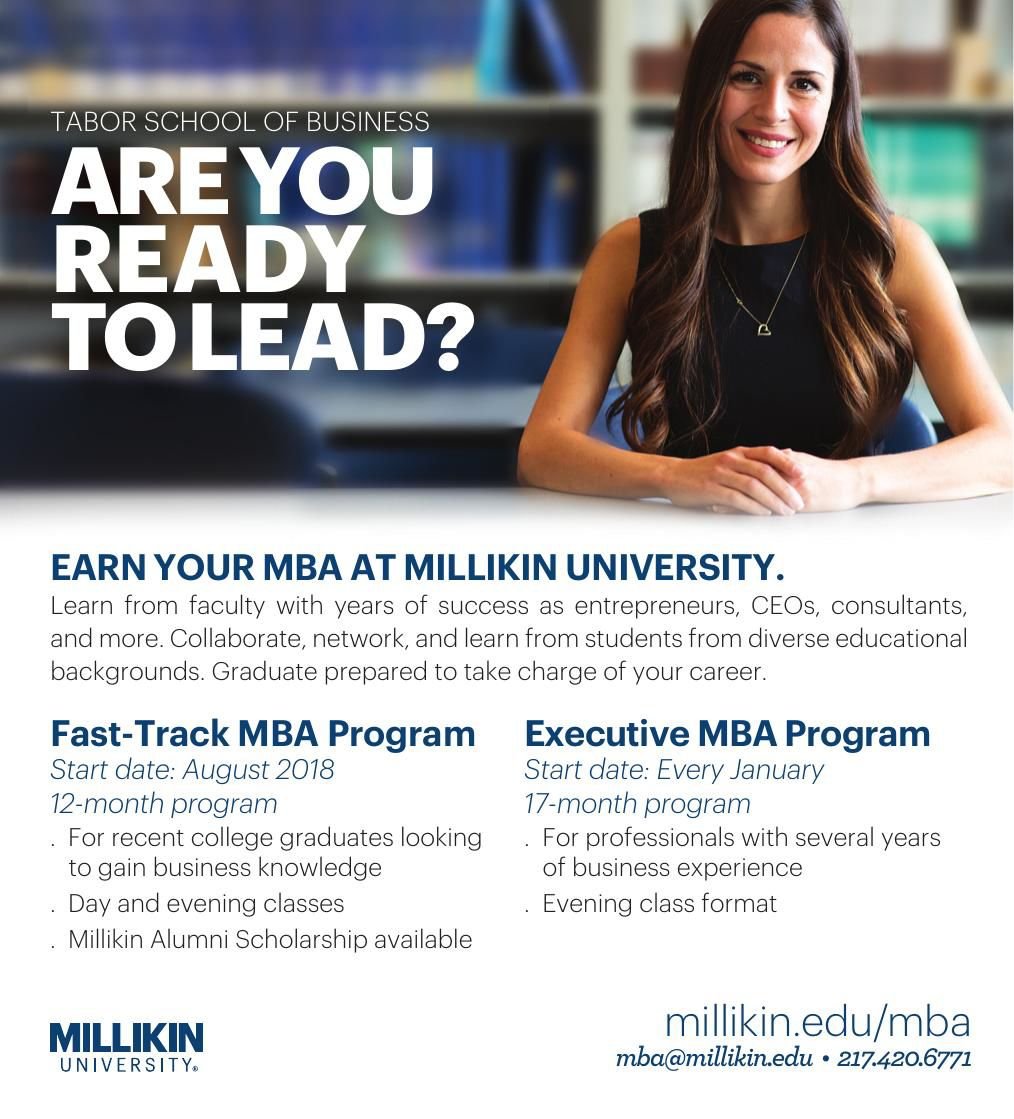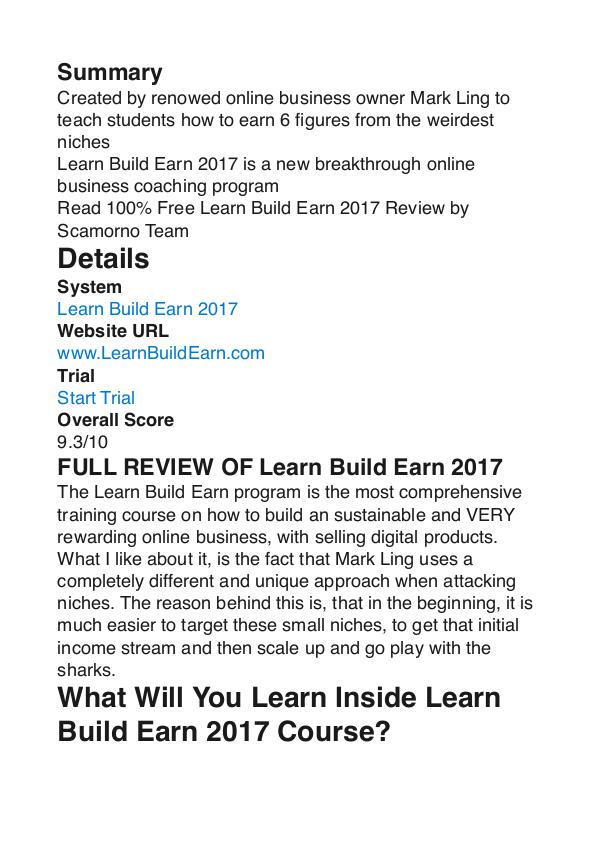

Earn and Learn Scheme has been implemented worldwide. Now you don’t have to scout the internet for news about the latest, most interesting projects, read hundreds of pages of white papers, and. At CMC Earn, we partner with carefully chosen, trusted, emerging blockchain projects to give you, our users, an opportunity to earn these new coins by learning about them. Parents and adults know that, in spite of their evolving maturity, many teenagers need support and encouragement as they begin take the initiative, act responsibly, and grow in their independence.Earn Free Cryptocurrency. Convert PDF files into other formats Reading this article you will learn how to.As adolescents go through high school, they learn to take on more initiative, responsibility, and independence. The term PDF stands for Portable Document Format.
Like other students, they need to find a way to meet the specific qualifications of the desired job. This is not true in every situation.As future employees, students with disabilities face unique challenges. They may also believe that completing a college or job training program will guarantee them a job. Barriers to employment include lack of adequate support systems little access to successful role models lack of access to technology that can increase independence and productivity and, most significantly, low expectations on the part of people with whom they interact.High school students may think they have plenty of time to decide on their career paths and acquire the skills they will need to market themselves successfully. Employment IssuesThe number of students with disabilities entering and completing postsecondary education has increased dramatically in the last decade, yet people with disabilities are still underrepresented in the employment arena. Families and mentors assist in the transition process by providing adolescents direction in their exploration of interests, guidance in career and college planning, and encouragement and support.
But, they do need to prepare for the long run-for their lifelong career or multiple careers. Remind students that they do not need to settle on one area to pursue right away, and can change directions. It is never too early to get off to a running start.Career planning and preparation should begin upon entering high school and occur throughout postsecondary studies. These are some of the skills that cross jobs, career, and industries. Transferable skills include communication, trouble-shooting, decision-making, leadership, and problem-solving.
develop human relations skills through interaction with co-workers apply practical theories from classroom work Specifically, work-based learning opportunities can help a student: Why Should Students with Disabilities Participate in Work-based Learning?Through the interaction of study and work experience, students can enhance their academic knowledge, personal development, and professional preparation. One way students can start narrowing career interests and developing job skills is through work-based learning experiences.
These experiences help students with disabilities develop the confidence and self-advocacy skills needed for success in challenging careers.Below are descriptions of typical activities and services offered at many high schools: Cooperative EducationCooperative education programs work with students, school staff, and employers to help students clarify career and academic goals, and expand classroom study by participating in paid work experiences. In addition, they can test which accommodations work best for them. In a job setting, students can also practice disclosing their disabilities and requesting accommodations from employers. Participating in work experience can give them chances to determine if they can perform the essential functions of particular jobs with or without accommodations. gain exposure to specialized facilities not available on campusFor students with disabilities, work-based learning offers additional benefits.

Job ShadowingJob shadowing provides students with a realistic view of one or more occupations. Interns learn about occupational fields and specific job tasks, while developing work-readiness. Students work in a supervised learning situation, paid or non-paid, with an employer doing planned learning activities. InternshipAn internship is an intensive learning experience outside the traditional classroom over a short period of time.
These programs increase the relevancy of academic learning by giving students opportunities to apply knowledge and skills while making meaningful contributions. Service LearningIn service learning experiences, students provide community service in non-paid, volunteer positions. Experiences may vary in time from one hour to a full day.
Talk to students about self-advocacy, determining appropriate accommodations, and disclosing their disabilities. Educate yourself about assistive technology, accommodations, and employment issues. Help students identify their vocational strengths and interests—look at hobbies, pastimes, etc. Here are some ways to provide support: They can empower them and reinforce their plans for success. Providing SupportParents, family members, and mentors can help young people become self-determined and access career preparation resources.
Students can develop career plans and job search skills through individual counseling and workshops. They may provide a variety of career preparation and job search services. Encourage students to visit the counseling, advising, or career center at their high schools. Assist students in accessing local support networks and disability services organizations, such as the Division of Vocational Rehabilitation, which may be able to provide career preparation, job placement, and referrals to community programs. Learn about available adult services and start preparing students for the transition to independent adulthood. Parents and guardians should involve themselves in the Individual Education Plans (IEP) of their children and make sure employment preparation activities are included.

About DO-ITDO-IT (Disabilities, Opportunities, Internetworking, and Technology) serves to increase the successful participation of individuals with disabilities in challenging academic programs such as those in science, engineering, mathematics, and technology. Help them apply what they've learned in school to the workplace. Assist in seeking and participating in opportunities.RS is for Relevant Skills. Encourage students to learn practical "real world" skills through on-the-job experience.


 0 kommentar(er)
0 kommentar(er)
